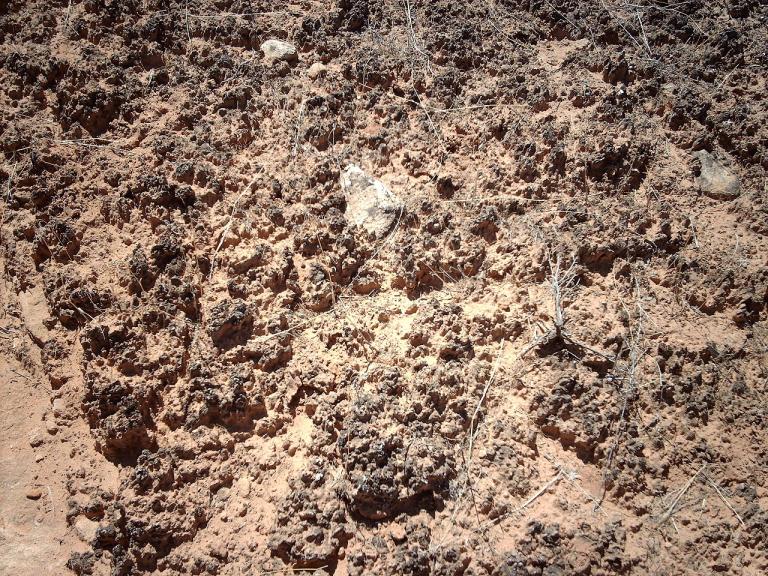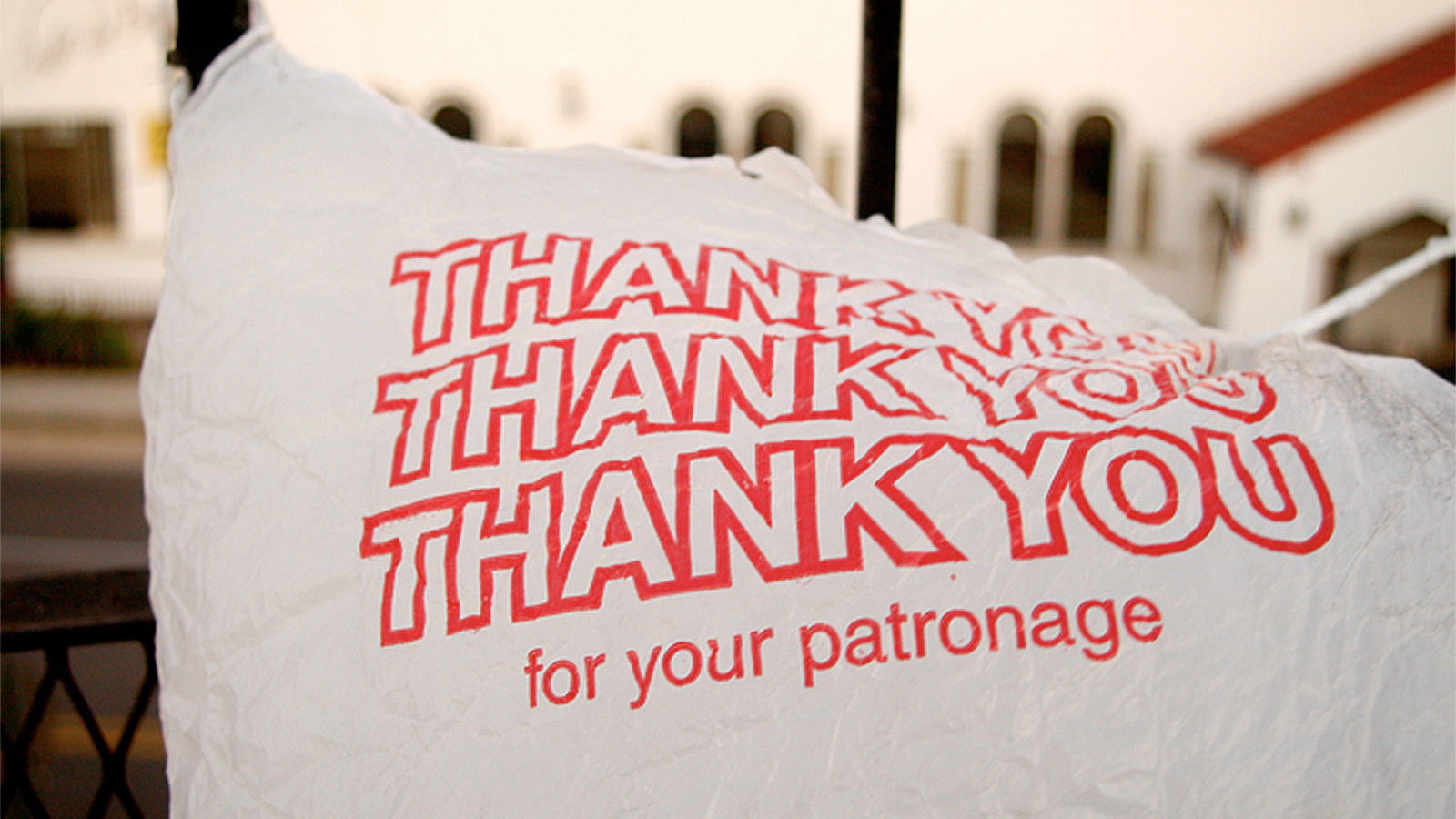Q. Dear Umbra,
Olympia recently banned plastic bags, which is great. Here is my problem: Now that stores are not using plastic bags, they have removed all the plastic bag recycle bins. I looked up places to recycle plastic bags in my area, and Lowe’s was listed. I took the bags I had been saving for six months to Lowe’s and they informed me that they would take the bags, but they are not recycled. The plastic bags just are thrown in their garbage. So I am back at the beginning again, trying to find somewhere to recycle the plastic bags that I have saved. Can you help me find somewhere that I could send these formerly recyclable plastic bags?
Brooke W.
Olympia, Wash.
A. Dearest Brooke,
It seems your community is just a wee bit too excited about your new plastic bag ban. “Hooray!” I can almost hear them shouting. “The scourge of the plastic bag is at an end! Toss out those recycling drop-off bins — we’re free!” Now, I’m hardly a cheerleader for disposable plastic bags, but methinks the city is being rather hasty in your case. Surely you aren’t the only diligent recycler left with a plasticky surplus on her hands. And what about all the other plastic films your ban won’t touch, such as newspaper bags and bread bags? What are we to do with those?
As we’ve discussed in the past, single-use plastic bags are indeed recyclable, though not usually through curbside pick-up programs. Instead, we must take our bags — made from thin polyethylene resin, #2 or #4 plastic — to a drop-off center, often conveniently located at a grocery or hardware store. You’ve already been diligent by looking up a local drop-off recycling site, and it’s a bummer that didn’t work out. Before you give up, though, it’s worth checking another database or two to look for any surviving collection sites. Earth 911 is generally a good resource wherever you live; I found a long list of Olympia options there and at this plastic-recycling site. Perhaps one of these places is still operational? Call first to save yourself another disappointing trip.
Even if you can’t ferret out any nearby recycling drop-off sites, let’s not forget the power of one of the other Rs: reuse! I’m confident you can find other ways to make those plastic bags serve you. Stuff them in your purse and use them to tote groceries over and over. Sub them in for garbage bags. Wad them into balls and turn them into cushiony packing material. Tie them over delicate plants on cold nights, or slip them over your car’s side mirrors to keep ice from forming on them in winter. Use them to pick up after your dog, or to clean out your cat’s litter box, or give them to someone else who will. Some of these ideas mean the bags will end up in the landfill, true, but at least we’ve squeezed some more life out of them first.
And then there are the crafty uses — I’ve seen some truly impressive objets d’art spring from homely plastic bags. If you’re at all artsy, Brooke, how about turning your surplus into plastic yarn and knitting a lovely tote bag? Or ironing and fusing them into a backpack? Or using them to crochet decorative flowers, barrettes, jewelry, or a bunch of other crafts from this list? A thing of beauty is a joy forever, they say — and since non-biodegradable plastic bags are pretty much with us forever, might as well make them beautiful.
Although the loss of bag-recycling bins is somewhat confusing and chaotic, it’s great news that more and more states and towns are enacting bag bans. Single-use plastic bags are indeed a scourge: First, we use energy and petroleum to make them, then they clog our landfills, release toxins into the environment, choke our wildlife, and junk up our oceans. The world goes through a trillion — with a T — of them every year. And on a philosophical level, they contribute to a wasteful, throwaway mindset that we must change if we are ever to move forward in a more sustainable way.
One recent study from Austin, Tex., found that the amount of plastic bag litter in town was a quarter of what was found in another city without a ban. San Jose, Calif., saw an 89 percent drop in bag litter in its storm drains after instituting a ban, and Ireland slashed its bag detritus by 95 percent. Forbidding plastics also increases the use of reusable bags by 40 percent.
One hitch: That Austin study also found that people sometimes toss the thicker, reusable plastic bags after just a few visits to the store. I have a humble suggestion: Stop doing that, people. Truly, the success of this kind of initiative is entirely in our hands — and stashed in our backpacks, car trunks, and bike panniers. Get yourself some reusable grocery totes (cloth is even better than thick plastic, and less likely to be confused for trash), get in the habit of using them, and watch the world become a better place.
Excessively,
Umbra



